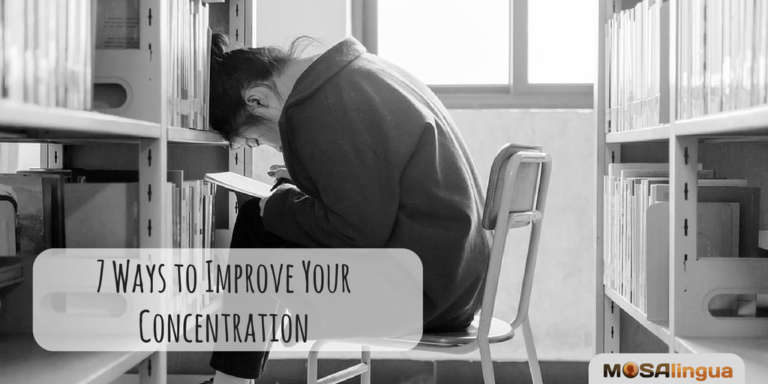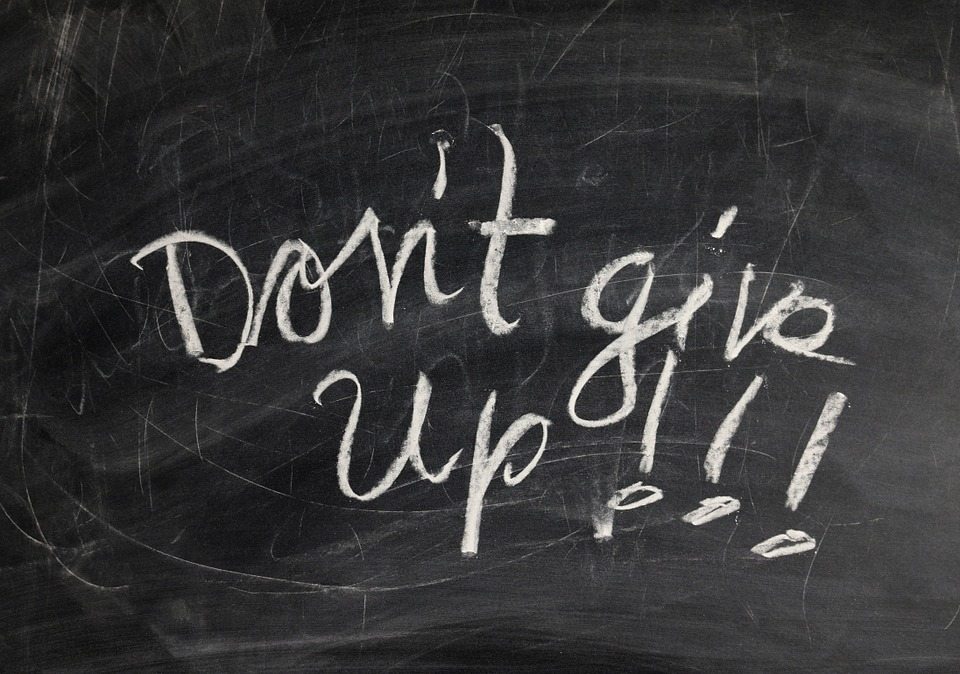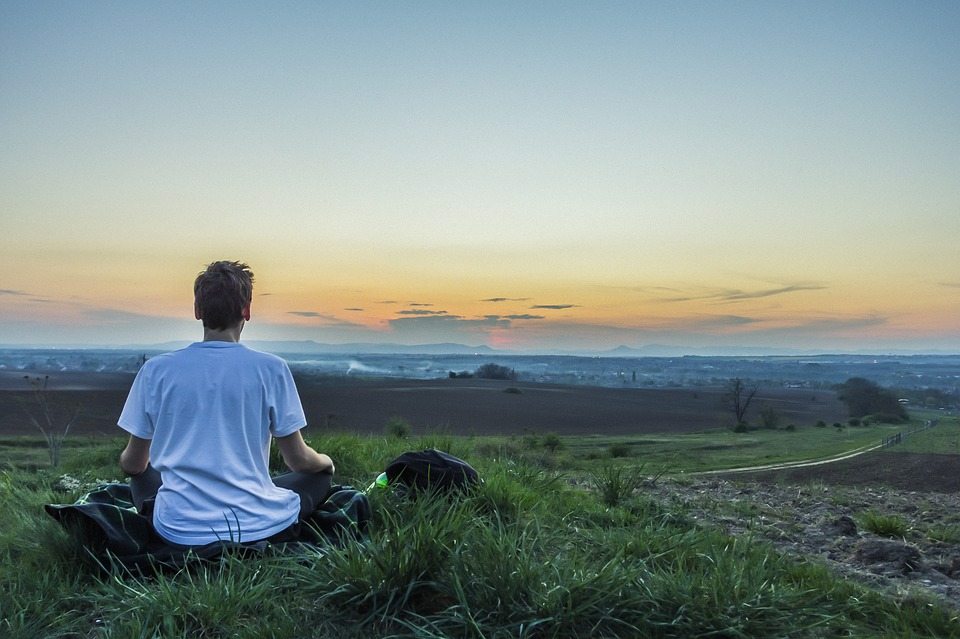Motivation is one thing, concentration is another. But yet, they are similar in so far as they are both things that we can lack… Especially when it comes to learning a new language. Concentration allows us to memorize things more easily, to understand a task in a calmer, more relaxed way, and to gain self-confidence. But, the problem is that concentration can fluctuate! Feeling tired, anxious, or being in an environment that isn’t conducive to good focus can greatly diminish your ability to concentrate. In order to stay 100% focused, here are 13 tips, tools, and pieces of advice to improve your concentration, and help you learn a foreign language more effectively. And as a bonus: watch the video at the end of this article for concentration tips from our team!
Last Updated: 22/07/2021

What’s inside…
What Is Concentration Really?
Concentration is our ability to focus our mental (or physical) faculties on a specific thing or task. To concentrate is to be able to listen, observe, and accomplish any goal you desire. Memorizing vocabulary, grammar, or conjugation, for instance. In other words, to learn a new language, you need to be able to concentrate.
But the problem is that most of us are prone to distraction. Our surroundings, a lack of sleep, a bad diet or an otherwise unhealthy lifestyle, or even a negative outlook on life can all cause us to lose focus. To help you study better, work better, and simply be more successful at everything you do, here are 13 tips, pieces of advice, and tools to improve your concentration and maintain a higher level of concentration throughout all of the tasks you set for yourself.
13 Ways to Improve Your Concentration
1. Plan Your Objectives

Planning and concentration go hand in hand… It’s necessary to have your objectives on a calendar. Meaning that during each lesson or review sessions, your goal will be to reach that objective… By planning each of your milestones, you’ll be creating essential organization—structure—to stay concentrated on your task.
You should note that it’s important to be realistic when planning your objectives. You can already plan your final objective, but the idea is to modify it as you go along, step by step. Create sub-objectives for yourself to reach during a learning session. For, example, being able to order food at a restaurant or being able to reserve a hotel in the language of your choice. The MosaLingua cards can help you organize yourself in this task: choose the theme you want to learn, and dedicate, let’s say, one session a day on the theme for three weeks. You can then review them with MosaLingua’s Spaced Repetition System.
2: Know Yourself!
What you should know is that the maximum peak of concentration for a person is possible for 30 minutes (give or take a few minutes, of course). Often, this peak occurs in the morning. However, we aren’t all as efficient at the same time of the day… Some of us are morning birds, others are night owls. It’s up to you to find out when you’re more able to concentrate and to respect this time.
Moreover, it is better to have short learning sessions, a few minutes each week, during which you’ll be fully concentrated on your goals, something you wouldn’t be able to do with hour-long learning sessions…
3: Improve Your Mental Endurance
Did you know it’s possible to improve your mental endurance, in other words, the time you’re able to concentrate?
We’ve already seen that the peak of concentration the average person has only lasts around 30 minutes. Needless to say that reaching those 30 minutes of concentration isn’t a given… There is a simple exercise to improve how long you can concentrate which consists of timing yourself every day. The first day, you time how long you’re concentrated on something. The next day, you add another minute to your countdown. The following day, you add yet another minute. And so on. It is a long-term goal which requires perseverance, but you can reach superior levels of concentration by passing these hurdles daily.
4: Never Work When Hungry or Sleepy
There’s no point, you’ll just be distracted… It’s better to eat well (Not too much. You don’t want to feel bloated) and feel great when having to review.
Along the same line, we could even say that we have to adopt a healthy lifestyle: lack of sleep disrupts concentration, as well as hunger and physical tiredness… What does that tell us? To be able to concentrate properly, we have to eat healthy, balanced meals and keep in shape. Please note: some foods are good for your neural system. Examples? Green vegetables, cereals, legumes…
5: Go at it Step-by-Step, One Task at a Time
Our brain cannot focus on more than one task at once; it can only deal with one thing at a time… to be optimal and improve your concentration, don’t multitask.
Small advice: learn the MosaLingua cards one after the other and be sure you study them properly and assimilate them well. Focus on one card (“booking a hotel” for example), then on another one, and then yet on another one. Think of duly finishing a task before starting another one.
One more thing: in between each task, or each vocabulary card, for example, don’t hesitate in taking a few minutes off to relax. By fully working on task, one by one and taking your time, you’re conscious of what you’re actually doing, helping you assimilate it better.
6: Develop an Interest in What You’re Studying
Being interested is the biggest factor for concentration. It is indispensable to find something interesting in what you’re studying in order to stay motivated and to improve your concentration.
Why do you want to learn a foreign language? Develop your project, write it down, and maybe even post it around your apartment… You really have to be conscious of why you’re spending time on a certain project. Not only will this help you not to forget your objective, but it will also make the learning process much more interesting.
7: Relax!
Just relax, and learn how to breathe. Whatever your reason is for improving your concentration, it is essential to breathe in and properly oxygenate your brain for the task.
Here’s an exercise to help you relax and thus improve your concentration: sit straight, or at the back of your armchair, take a deep breath, and slowly breath out through your mouth, repeat this 10 times. You’ll be more relaxed, and more able to concentrate on your work. Learning a language shouldn’t be stressful. The more at ease you are with it, the more easily will you find it to concentrate.
Video: comment améliorer sa concentration
Pour bien vous aider, Cédric de notre équipe MosaLingua vous livre ses 7 meilleures astuces pour améliorer sa concentration… en vidéo. Cette vidéo est en anglais, mais vous pouvez activer les sous-titres en appuyant sur l’engrenage en bas à droite de la vidéo. Il vous suffit ensuite de choisir la langue de votre choix parmi l’anglais, le français ou autres langues. Vous pouvez visionner cette vidéo sur notre chaîne YouTube, ou la regarder juste ci-dessous.
Before you go, subscribe to our YouTube channel for tons more tips!
Improving your concentration isn’t hard.
It all comes down to being conscious of and deliberate about what you do. A lot of experts recommend slowing down and spending a little extra time on each task. Slowing down makes you more intentional about what you are doing. So, don’t rush. Your goal? To be as *zen* as possible in order to learn a new language in the best possible conditions. And now you have plenty of concrete strategies to try when you feel your focus slipping!
Do you have other tips on how to improve your concentration? Let us know what has worked for you in the comment section below 😉
Related posts:
Start learning a new language today

Good news: we can help!
More good news: you can get started for free! Start your free trial now and for the next 15 days, take advantage of the most effective language learning method on the market!
Vocabulary flashcards, videos with subtitles, audiobooks, articles adapted to your level – with MosaLingua Premium (Web & Mobile), you’ll have access to all this and more. Get started right now. It’s free—and risk-free—to try!







Comments